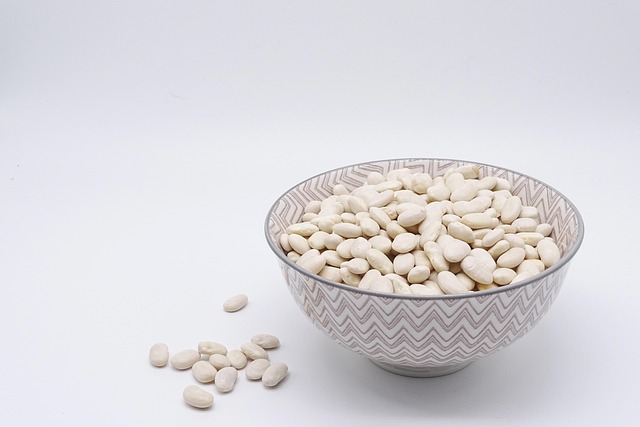Understanding Digestive Problems
Digestive problems can be a source of discomfort and frustration for many individuals. Whether it’s bloating, irritable bowel syndrome (IBS), or chronic constipation, these issues can affect your everyday life. Having a healthy gut is essential not just for physical health but for overall wellbeing. Embracing a nutritious diet is one of the most effective ways to support your digestive system and alleviate the symptoms associated with digestive problems.
Healthy Lifestyle Choices
Your lifestyle choices play a crucial role in maintaining a healthy gut. Regular exercise, adequate hydration, and managing stress are all vital components of a healthy lifestyle that can have a positive impact on your digestive health. Incorporating physical activities such as walking, yoga, or swimming can promote better digestion and reduce bloating.
Moreover, hydration is key. Drinking plenty of water helps in breaking down food so that your body can absorb the nutrients effectively. Don’t forget the importance of sleep and stress management; both can significantly influence gut health. Practices like meditation or mindfulness can aid in reducing stress levels, which ultimately support digestion.
Healthy Nutrition for a Happy Gut
Nourishing nutrition is the backbone of a healthy gut. Focusing on a balanced diet rich in whole foods is essential. Here are some dietary recommendations to incorporate into your daily routine:
- Fiber-Rich Foods: Include plenty of fruits, vegetables, legumes, and whole grains. Fiber is crucial for promoting regular bowel movements and feeding healthy gut bacteria.
- Probiotic and Prebiotic Foods: Foods like yogurt, kefir, sauerkraut, and bananas can help maintain a healthy balance of gut flora. Probiotics are beneficial live bacteria, while prebiotics are non-digestible fibers providing food for these bacteria.
- Healthy Fats: Incorporate sources of omega-3 fatty acids like salmon, walnuts, and flaxseeds. These healthy fats can reduce inflammation and promote gut health.
- Avoid Processed Foods: Reduce your intake of highly processed foods, artificial additives, and excessive sugars. These can disrupt the balance of gut bacteria and lead to digestive issues.
Mindful Eating
Another important aspect of nourishing your gut is mindful eating. Slow down and pay attention to your eating habits. Chewing your food thoroughly and listening to your body’s hunger signals can aid in better digestion. Creating a positive mealtime environment can also make a significant difference. A stress-free atmosphere encourages relaxation, allowing your digestive system to function more efficiently.
Building a Personalized Nutrition Plan
Remember that each person’s body is unique. If you experience persistent digestive problems, consider consulting a healthcare professional or a registered dietitian. They can help you develop a personalized nutrition plan tailored to your needs. Tracking your food intake and noting any dietary triggers may also help you identify patterns that affect your digestion.
By prioritizing a healthy lifestyle and nourishing nutrition, you can take actionable steps towards unlocking the key to a healthy gut. Embrace the journey to better digestive health and overall wellness—your gut will thank you!




